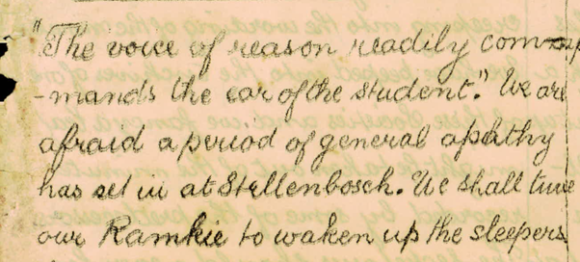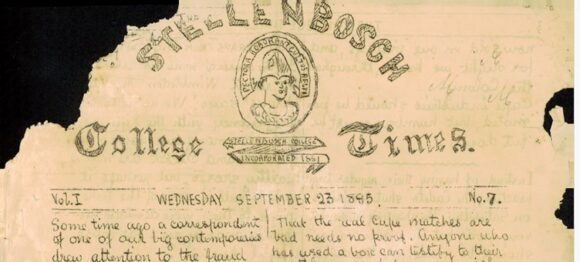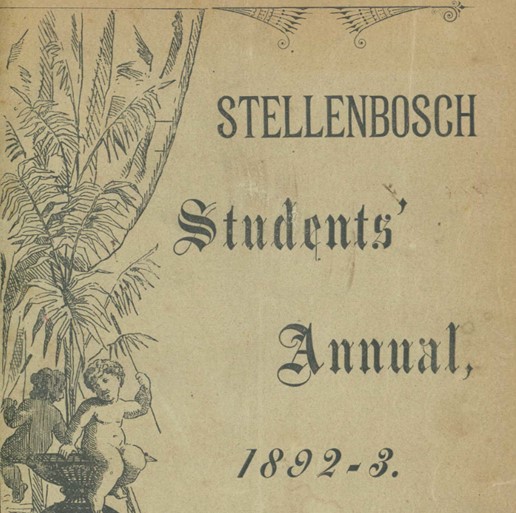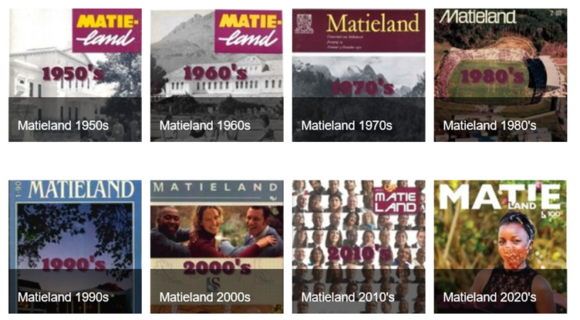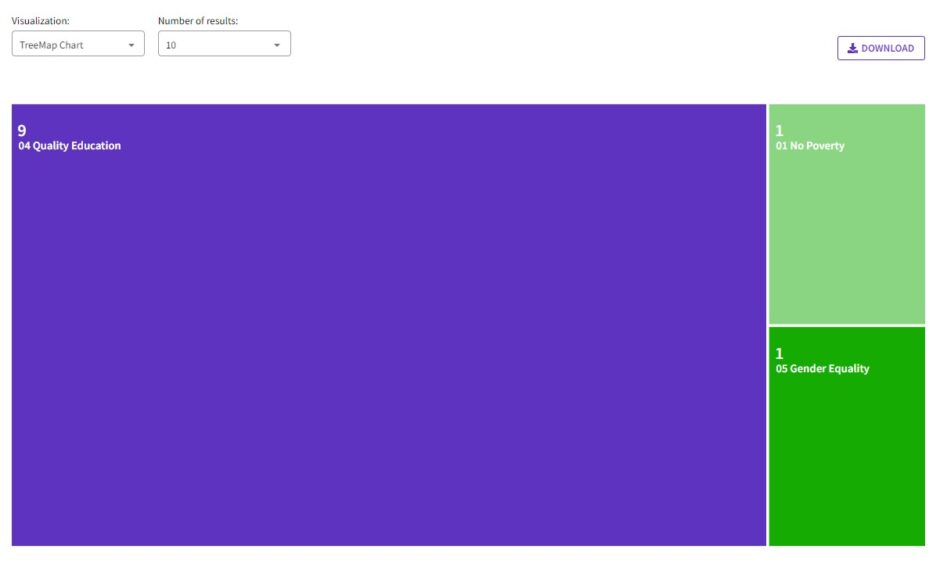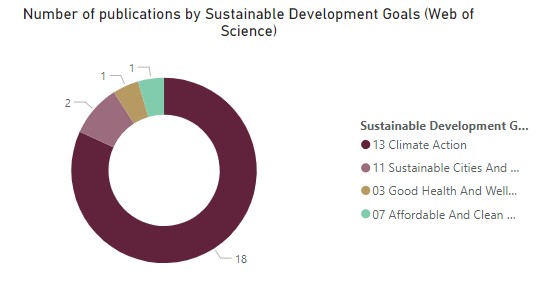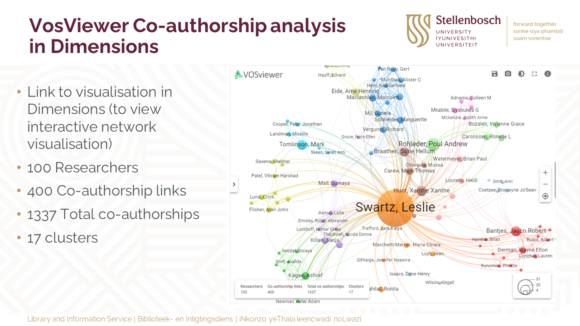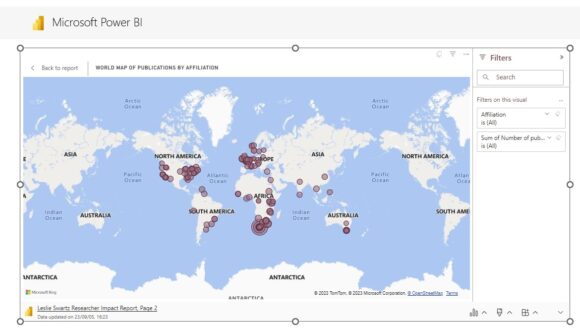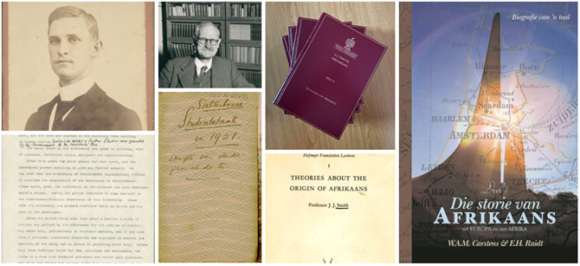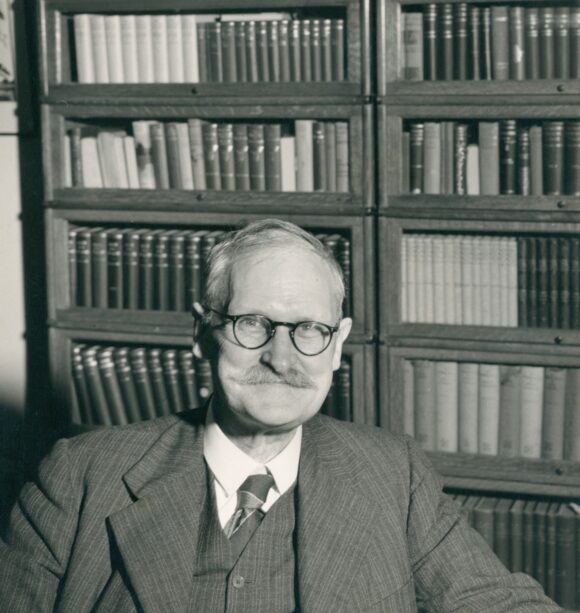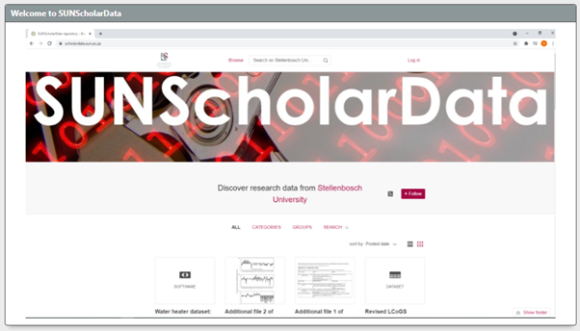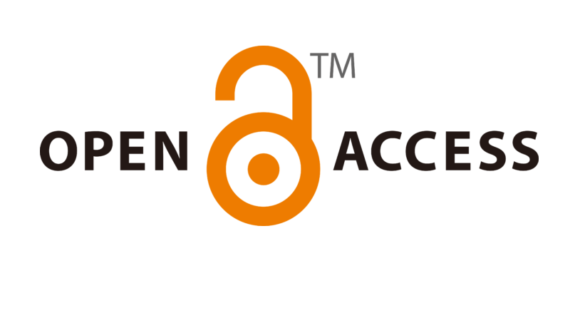
On 20 October 2010, Stellenbosch University (SU) became the first university in Africa to sign the Berlin Declaration on Open Access. In signing the declaration, the then Rector and Vice-Chancellor, Professor Russel Botman committed the university to “…firstly encourage… researchers to deposit their material in SUNScholar, our open access repository. And secondly, … to openly sharing our research output with the rest of the world”. Open access (OA) refers to the practice of making research outputs immediately available online without any access restrictions.
OA is applicable to all research outputs including journal articles, conference papers and books. The OA vision was necessitated by several factors including the prohibitive costs of journal subscriptions and the need for universities to share information. In South Africa, OA can also serve to ensure equal access to information irrespective of a university’s financial status and background hence its support by the National Research Foundation (NRF). That way OA in South Africa also plays a social redress and justice role. The NRF mandates that all research outputs produced from research funded partially or in full by NRF be deposited to institutional repositories with an embargo period of no more than 12 months.
In this article, a month after the 13th anniversary of the signing of the Berlin Declaration by SU, we attempt to unpack OA as well as indicate how the Library supports the journey towards OA at SU. Firstly, however, it is important to provide a greater understanding of the types of OA as well as the benefits that the University can accrue from OA publishing.
What are some of the open access publishing models for researchers?
When librarians conduct OA webinars, they often encounter a question about one publishing model of open access or the other. OA has 6 models:
- Gold open access – this is considered the golden standard of OA. Articles published in this format are made freely and permanently available online.
- Green open access – final version of the accepted manuscript is deposited in an institutional repository with specific information about how the article may be used.
- Diamond open access – this refers to journals that provide free access for authors to publish without a requirement to pay Article Processing Charges (APCs). These journals are supported by institutions and may be published through institutional repositories.
- Hybrid open access – this is a type of open access where subscription journals offer open access option provided authors pays APCs.
- Bronze open access – in this type, the article will be freely available, but the journal does not have open license which means they retain all the rights to the article including the possibility that they may decide to change it in future.
- Black open access – this is an illegal open access model, where non-openly licensed articles are illegally and illicitly shared among researchers (e.g., Sci-Hub, ResearchGate etc.).
What are the benefits of OA publishing?
- OA exposes your research to a wider audience, thereby making it more visible.
- This visibility increases its impact in terms of reach and depth.
- This increases the prospects of meeting potential collaborators nationally, internationally, interdisciplinary, intradisciplinary etc.
- Ensures greater compliance with funder mandates.
- May serve to decrease instances of academic dishonesty and fraud although the reverse may also be true.
How does the Library support open access publishing?
The Library supports open access in various ways.
- Advocacy for OA – The Library is a staunch advocate of OA institutionally, nationally and internationally. OA is often one of the topics in our Library Research Week programme and it is included in our researcher empowerment programme, #SmartResearcher Workshops. Each year, the Library celebrates OA Week by hosting webinars and other events on open access. Our Senior Director, Ms Ellen Tise is a sought after speaker in national and international conferences on OA topics. The Library also hosts a LibGuide dedicated to open access resources at https://libguides.sun.ac.za/open_access as well as an open access page at https://library.sun.ac.za/en-za/Research/oa/Pages/default.aspx
- Hosting institutional repositories – The Library hosts a number of OA repositories.
SUNScholar is a leading digital archive for the preservation and promotion of the research output of Stellenbosch University. The repository is meant to curate, preserve and facilitate the sharing of research outputs associated with SU. It is a primary storage of all SU Theses and Dissertations. The repository also hosts OA journals, manuscripts, articles, conference papers etc. According to the NRF OA Statement referred to in the introduction, it is critical that not only research output be deposited in institutional repositories but also datasets used in research.
SUNScholarData is an institutional research data repository which is used for the registration, archival storage, sharing and dissemination of research data produced or collected in relation to research conducted under the auspices of Stellenbosch University.
Another repository of Stellenbosch University that seeks to showcase the University’s digital content from the Library’s unique digital collections and repositories is SUNDigital Collections. Collections in this repository include music, images, South African literature, finding aids for manuscript collections, African and Southern African archives and African and Southern African history. - Negotiating transformational agreements – As part of the South African National Library and Information Consortium (SANLiC), the Library negotiates and promotes transformational agreements with publishers. These agreements are described as contracts negotiated between institutions and publishers that transform the business model underlying scholarly publishing towards a fully open access model. The full list of publishers with transformational agreements with South African university libraries can be found at: https://library.sun.ac.za/en-za/announcements/Lists/Posts/Post.aspx?ID=348
Conclusion
Since the signing of the Berlin Declaration on OA by Stellenbosch University in 2010, great strides have been made towards OA. Open access has served to increase the global reach of the research completed at SU benefiting researchers and communities alike. However, more still needs to be done to ensure that most if not all of the university’s research is openly accessible. This goes a long way towards ensuring equal access by reducing the gap between the information poor and information rich. In addition, the University is yet to find ways of evaluating the impact of OA as well as rewarding open science and scholarship. Therefore, it is critical that open access is considered in rewarding scholarship and innovation to encourage researchers to publish in open access journals.
Author: Dr Siviwe Bangani
